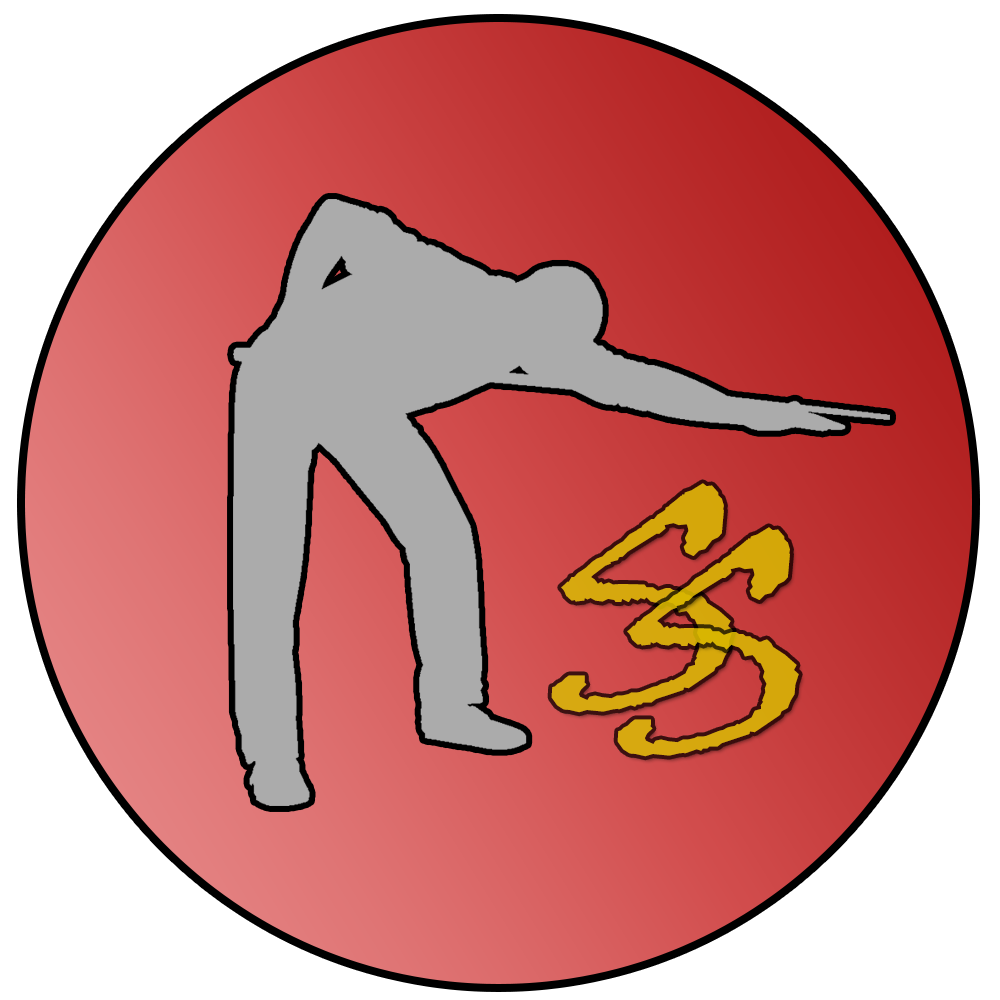Who would have thought that following the incredible triumph of Steve Davis in the 1980s, that anyone would be able to not only replicate, but even surpass the sensational accomplishment of clinching six world titles in a single decade? In the subsequent decade, we would witness the emergence of The King of The Crucible however, at the turn of the 1990s, we only knew him as Stephen Hendry.
1990
At only 21 years old, Hendry had already made a name for himself as a multiple event and Masters/UK winner. Despite not being a WSC winner (yet), Hendry was the threat to others going into the tournament. Hendry overcame Alain Robidoux, Tony Meo, Darren Morgan and John Parrott to reach the finals where the beginning of an age-old rivalry would commence. Hendry would defeat Jimmy White 18-12 which would elevate him to the top of the rankings.
1992
Hendry wasn’t able to lift the Crucible Curse in 1991 (click here to read about that) but that wasn’t going to stop what would happen in the years to come. He would prove that the first time wasn’t a fluke as Stephen Murphy, James Wattana, Dene O’Kane and Terry Griffiths would soon come to discover. After a crushing 16-4 semi-final contest, Hendry would once again meet with White where he would have a little more trouble than he did in the year prior. Hendry found himself 14-8 behind but remarkably would win the following 10 frames to win his second world title 18-14.
1993
Throughout this entire tournament, Hendry only conceded 25 frames out of the 90 that he played. This is the year Hendry really put the foot down on his opposition and this was particularly evident at the final. In order to reach the final, Hendry would beat Danny Fowler, Darren Morgan, Nigel Bond and Alan McManus. And his final opponent, you guessed it – Jimmy White. In a far more one-sided contest, White didn’t stand a chance as Hendry dominated 18-5, ending the proceedings with a session to spare.
1994
Many will remember the 1994 WSC (Instant Classic) for the unforgettable finale between Hendry and White. The match was level at 17-17 with White on the cusp of lifting the trophy, but then came the famous missed black. Needless to say, Hendry went on to clear up and win the championship with a tremendous display of temperament. This would be the last time Hendry and White would contest a World Championship final. Hendry would also beat Steve Davis in the semi-finals 16-9 in what would be Davis’s last semi-final appearance. All with a broken elbow.
1995
As it stood, Steve Davis held the record of consecutive Crucible wins at three. Hendry would surpass the first of Davis’s records by claiming the title in 1995 with 18-9 victory over Nigel Bond. Rounds 1 and 2 saw Stefan Mazrocis and Tony Drago fall to the eventual champion. A young Ronnie O’Sullivan would meet Hendry in the quarter-finals but would lose out 13-8 which would lead to another White/Hendry clash…in the semi-final. Hendry’s 16-12 victory over White saw the Crucible’s third maximum break achieved at the venue.
1996
Hendry won five consecutive Masters titles from 1989-93, which in itself is unfathomable. WSC 1996 would see this feat topped in the only possible way and that’s with Hendry winning No. 6, equalling Davis and collecting his fifth in a row. He defeated Jason Ferguson (yes, the WPBSA Chairman) in Round 1 then saw through Gary Wilkinson, Darren Morgan and Nigel Bond in the semi-final. He would meet Peter Ebdon where despite being behind early in the match, Hendry was able to turn things around and establish a foothold for the rest of the 18-12 contest.
1999
After coming runner-up in 1997 and a shock first round elimination in 1998, Hendry returned to his grand stage, beating all too familiar names along the way as he created history. It was quite possibly his toughest draw including names such as Paul Hunter, James Wattana, Matthew Stevens and 17-13 victory over Ronnie O’Sullivan in the semi-final. Mark Williams would stand in Hendry’s way this year but to no avail as Hendry would maintain control and do what was necessary to secure the trophy and truly become The King of The Crucible.
There may be a time a player overtakes the seven world titles that Hendry has won, but in no way will that ever happen within the span of a single decade. The decades of dominance do seem to be a thing of the past given how the game has evolved over time and how competitive the field has become. We really won’t see anything like this ever again.
Like this Short? Click here to read: Steve Davis’s Sensational Six – Throwback
Have an idea for a Short post? Feel free to get in touch using the social media links below! Thanks for reading!









